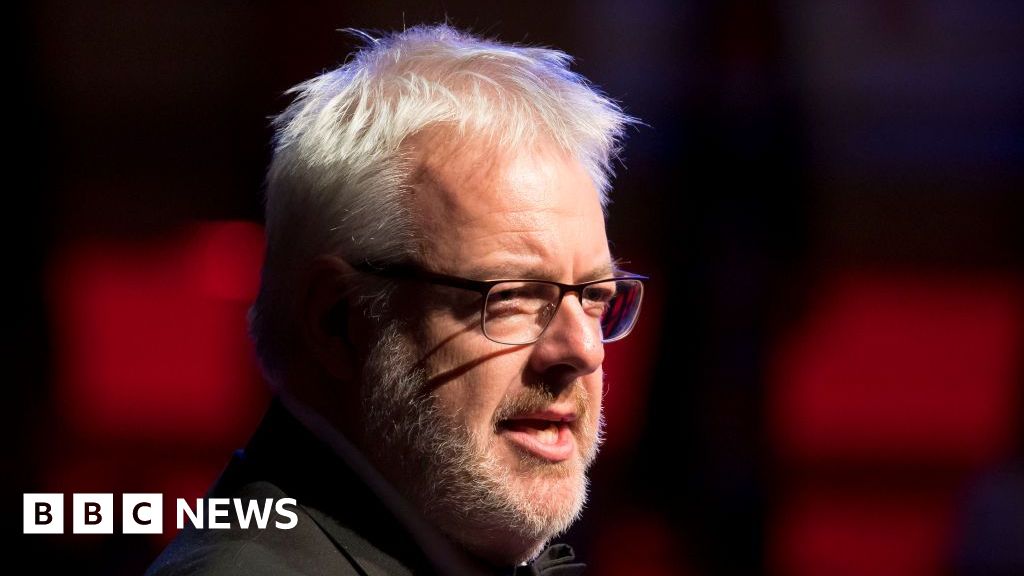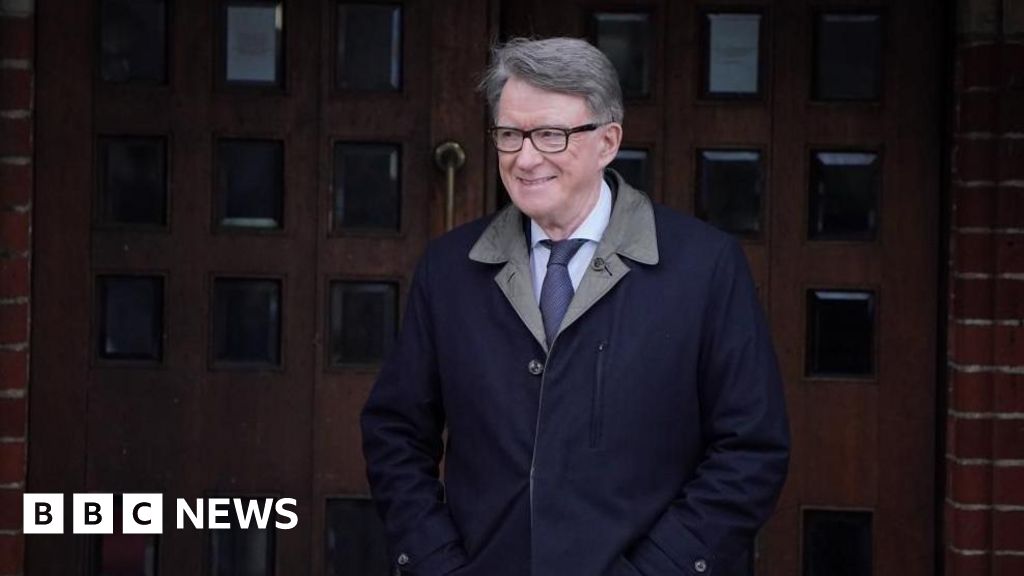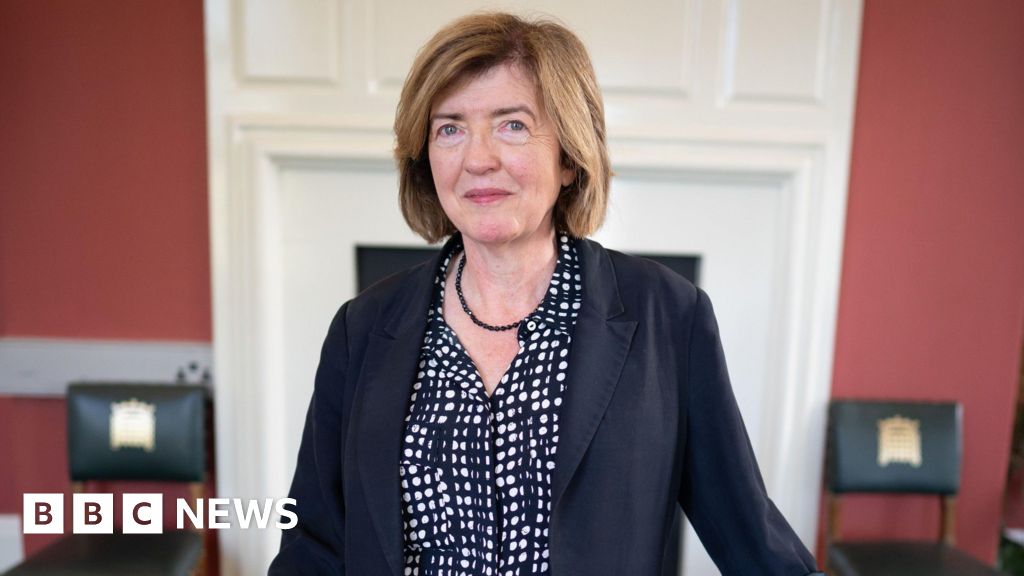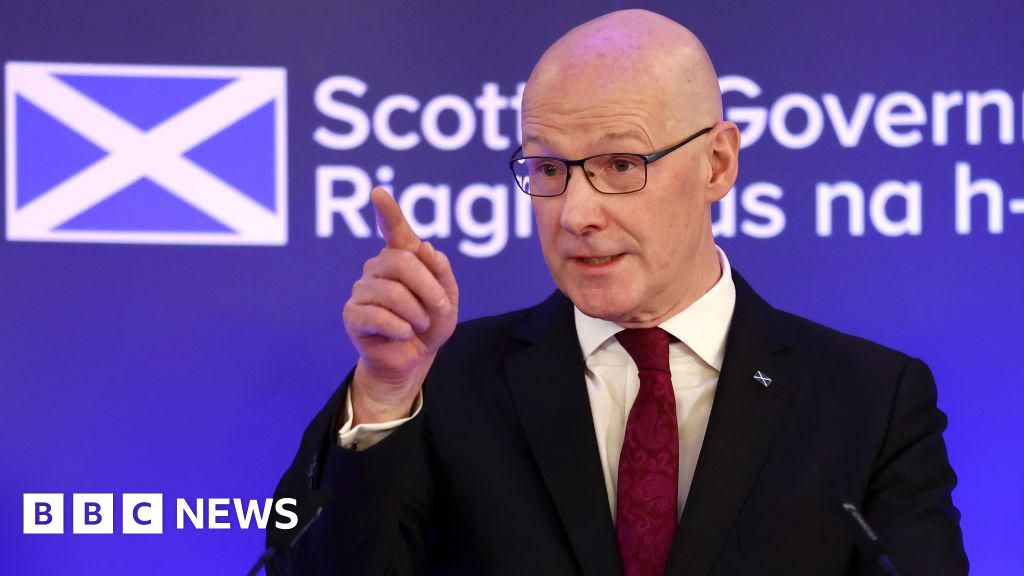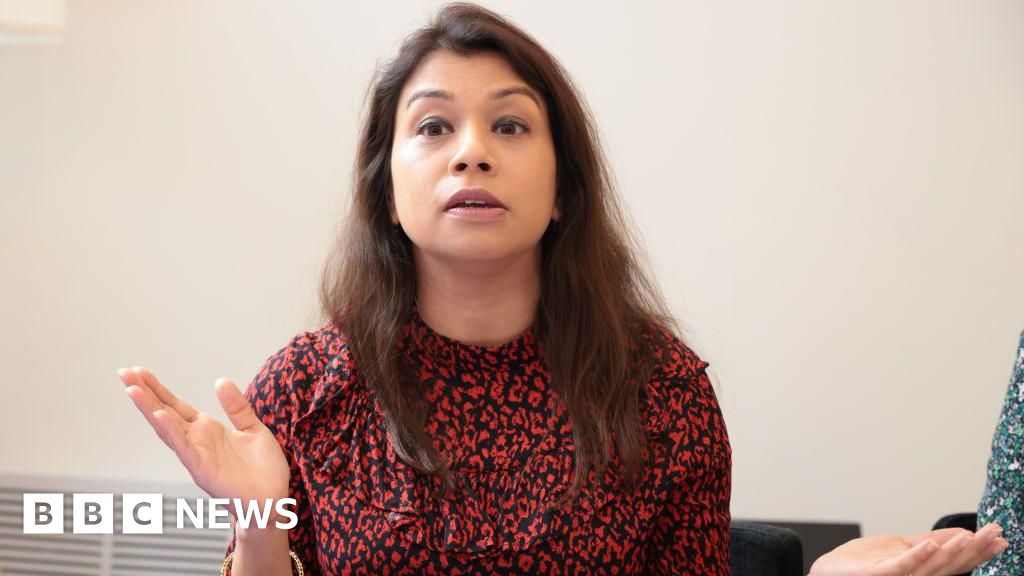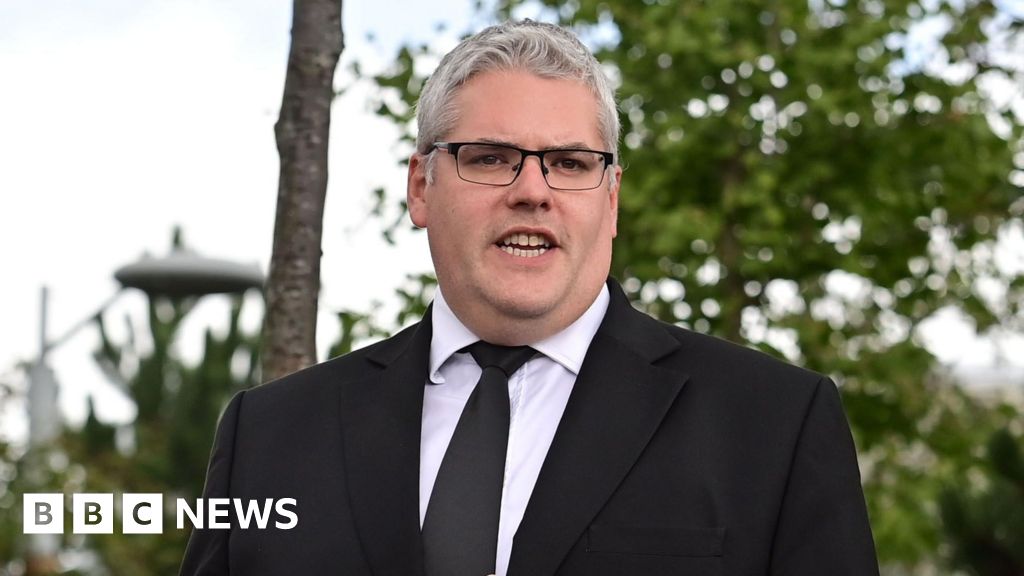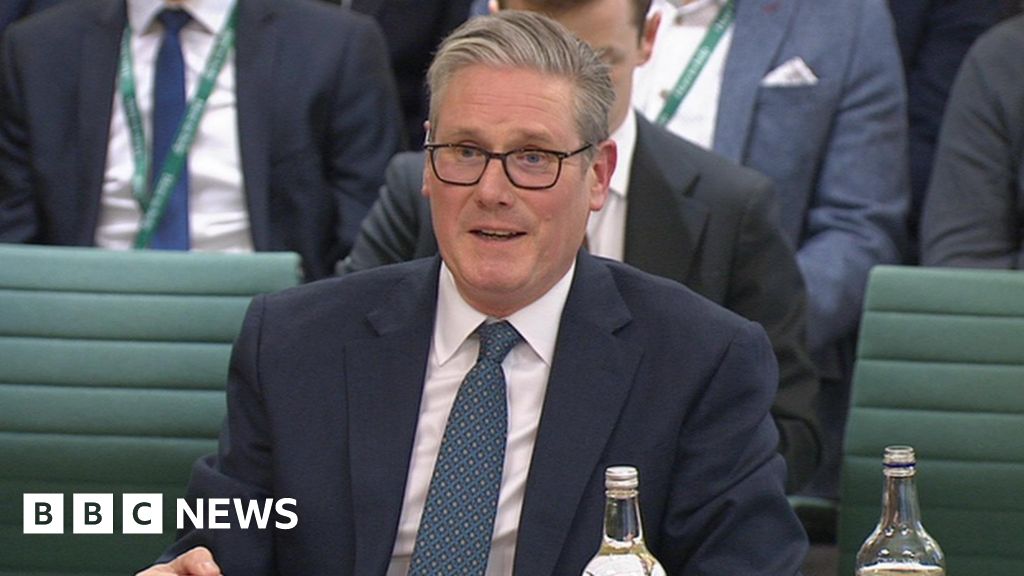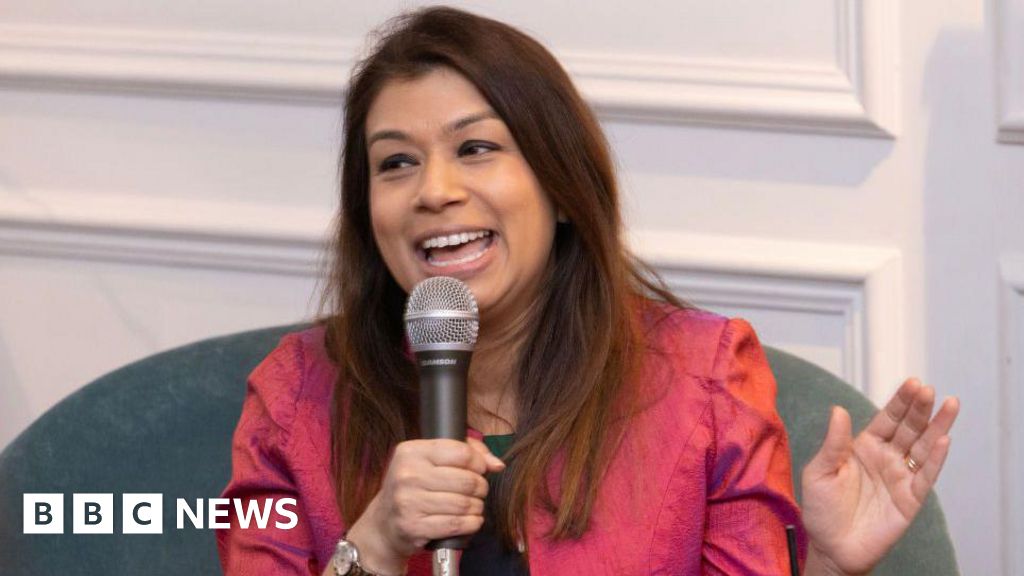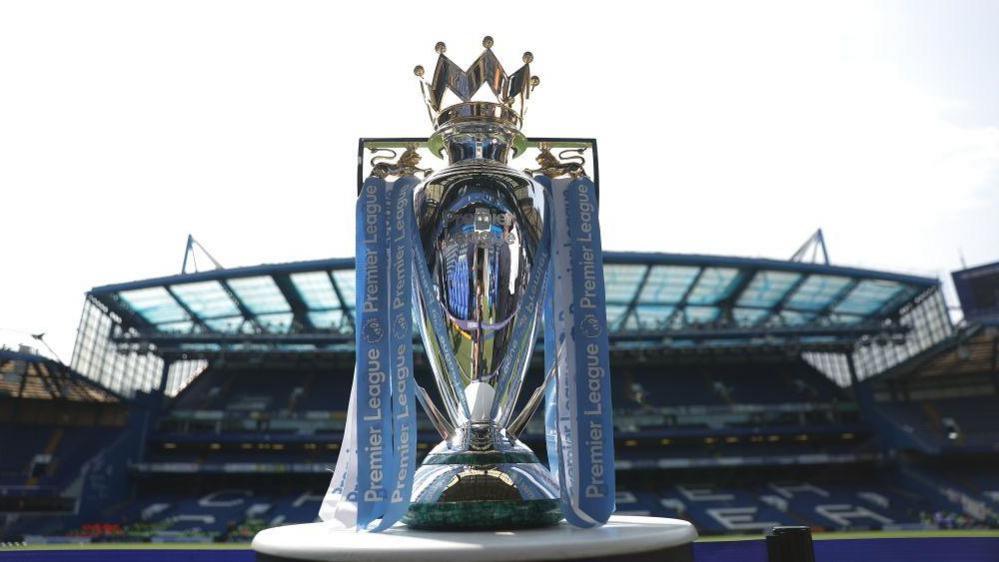 Image source, Getty Images
Image source, Getty Images
The regulator will be given new powers over Premier League parachute payments
"Strengthened" legislation to establish an independent football regulator for the elite men's game in England is set to be introduced to Parliament by the government.
The regulator will be given "new powers" as part of the Football Governance Bill, including over the Premier League's controversial multi-million pound 'parachute payments' that are given to relegated clubs.
It will "explicitly require clubs to provide effective engagement" with fans on changes to ticket prices, and any proposals to relocate home grounds.
It will no longer be required to consider government foreign and trade policy when approving club takeovers, and there will be "a clear commitment" to do more to improve equality, diversity and inclusion (EDI).
The bill will be introduced on Thursday in the House of Lords in an attempt to speed up the legislation.
The bill, tabled initially in March, failed to pass through Parliament before the general election was called in May.
But in "major changes" to the proposed legislation, the Labour government is set to strengthen the regulator's remit, which will oversee clubs in the top five tiers of the game.
Culture secretary Lisa Nandy said: "For too long, financial instability has meant loyal fans and whole communities have risked losing their cherished clubs as a result of mismanagement and reckless spending.
"This bill seeks to properly redress the balance, putting fans back at the heart of the game, taking on rogue owners and crucially helping to put clubs up and down the country on a sound financial footing."
In a statement, the Premier League said it "recognises that key elements of the bill can help make the English game stronger".
It added: "We remain concerned about the regulatory framework. Specifically, we believe rigid banking-style regulation, and the regulator's unprecedented and untested powers to intervene in the distribution of the Premier League's revenues, could have a negative impact on the league's continued competitiveness, clubs' investment in world-class talent and, above all, the aspiration that drives our global appeal and growth.
"With our clubs, we will continue to work with government and parliamentarians to consider appropriate checks and balances in the legislation to protect the hard-won position of English football, which is globally admired, a vital source of soft power and a driver of economic growth all over the country."
What does the bill say on parachute payments?
As with the original legislation, the regulator will have 'backstop powers' to mediate a financial settlement if the Premier League and English Football League (EFL) continue to fail to reach agreement on a new funding deal that would see more money make its way down the football pyramid.
But it will now be able to consider parachute payments when deciding how much money the Premier League should redistribute. They were excluded from the regulator's scope in the initial draft bill.
The EFL believes the payments - worth tens of millions of pounds to relegated clubs - distort competition and wants them scrapped so that it gets a greater share of the wealth generated by the top flight. But the Premier League insists the payments are essential to give club owners the confidence to invest.
The disagreement is among the reasons the two leagues have been unable to reach a new financial settlement worth an average £125m per year extra, despite years of negotiations and pressure from politicians.
In a statement, the Department of Culture Media and Sport (DCMS) said: "Excluding these payments would have significantly reduced the ability of the regulator to take a full view of financial stability and resilience across the football pyramid."
However, the parachute payments will be assessed "only if the regulator considers them to be of systemic risk to financial sustainability", and the bill will require that clubs "continue to be protected from the risks that come with relegation".
What else will the bill say?
The original draft legislation contained a controversial clause requiring the regulator to consider the "foreign and trade policy objectives" of the UK government when taking decisions over club takeovers, leading to concerns that some state-connected bidders could benefit.
However, the regulator will no longer be required to take this into account, which the DCMS says "ensures [it] will be fully independent of government and industry".
The move follows a warning from Uefa that England could be excluded from the European Championship it is co-hosting in 2028 over "concerns" that the independent football regulator - which will oversee a licensing system to ensure clubs are run sustainably and take over a strengthened owners and directors test - could lead to "government interference" in the sport.
Last month, the Times reported that the UK's senior intelligence service MI6 was involved in discussions with the British government over the Saudi Arabia-backed Public Investment Fund's takeover of Newcastle United, which was finalised in 2021, leading to concerns about government involvement in decisions about the running of football clubs.
The government says the regulator will also have the power to "compel clubs to democratically select the fan representatives the club must engage with" and demand "effective engagement" with supporters on changes to ticket prices.
It comes as fan groups from across the Premier League plan protests over the cost of tickets as part of a campaign led by the Football Supporters' Association (FSA). According to the FSA, 19 of the top-flight clubs raised prices last season.
In a statement, FSA chief executive Kevin Miles said the association "wholeheartedly backs" the regulator's creation.
Some equality campaigners had wanted the original draft legislation to do more to help tackle under-representation. Data from the Black Footballers Partnership (BFP) found 43% of footballers in the Premier League are black, yet just 4.4% of management positions are occupied by black ex-players, dropping down to 1.6% in executive, leadership and ownership positions.
As part of the new legislation, clubs will be "required to be transparent and publish what action they are taking" to improve EDI.
BFP executive director Delroy Corinaldi told BBC Sport the organisation "cautiously welcomes the bill, particularly the addition of commitments on equality, diversity and inclusion", but added it "will need to go much further than simply the reporting of the data".
EFL chairman Rick Parry said the league welcomes the new bill, adding that "we believe [it] has been framed in a way that will enable the new regulator to protect and achieve the sustainability of clubs across the entire football pyramid".
Parry added: “We will first take time to scrutinise its full detail and implications for clubs across the pyramid, including the key issue around the regulator's backstop powers in respect of financial redistribution."
Niall Couper of the Fair Game campaign group said: "Our initial assessment is that this bill is an improvement on the legislation put forward by the previous government. However, the big concern remains fair financial flow."

 1 month ago
15
1 month ago
15
